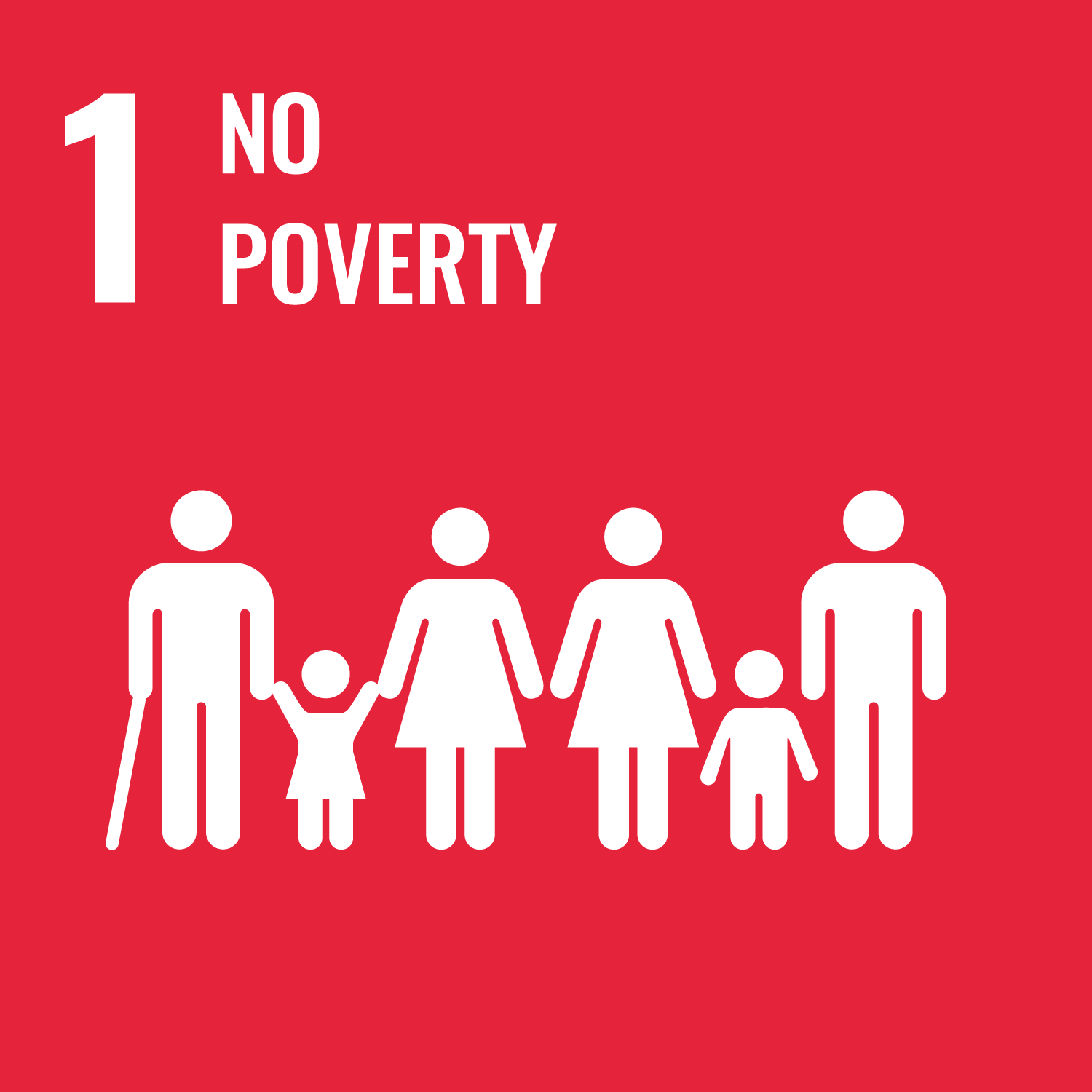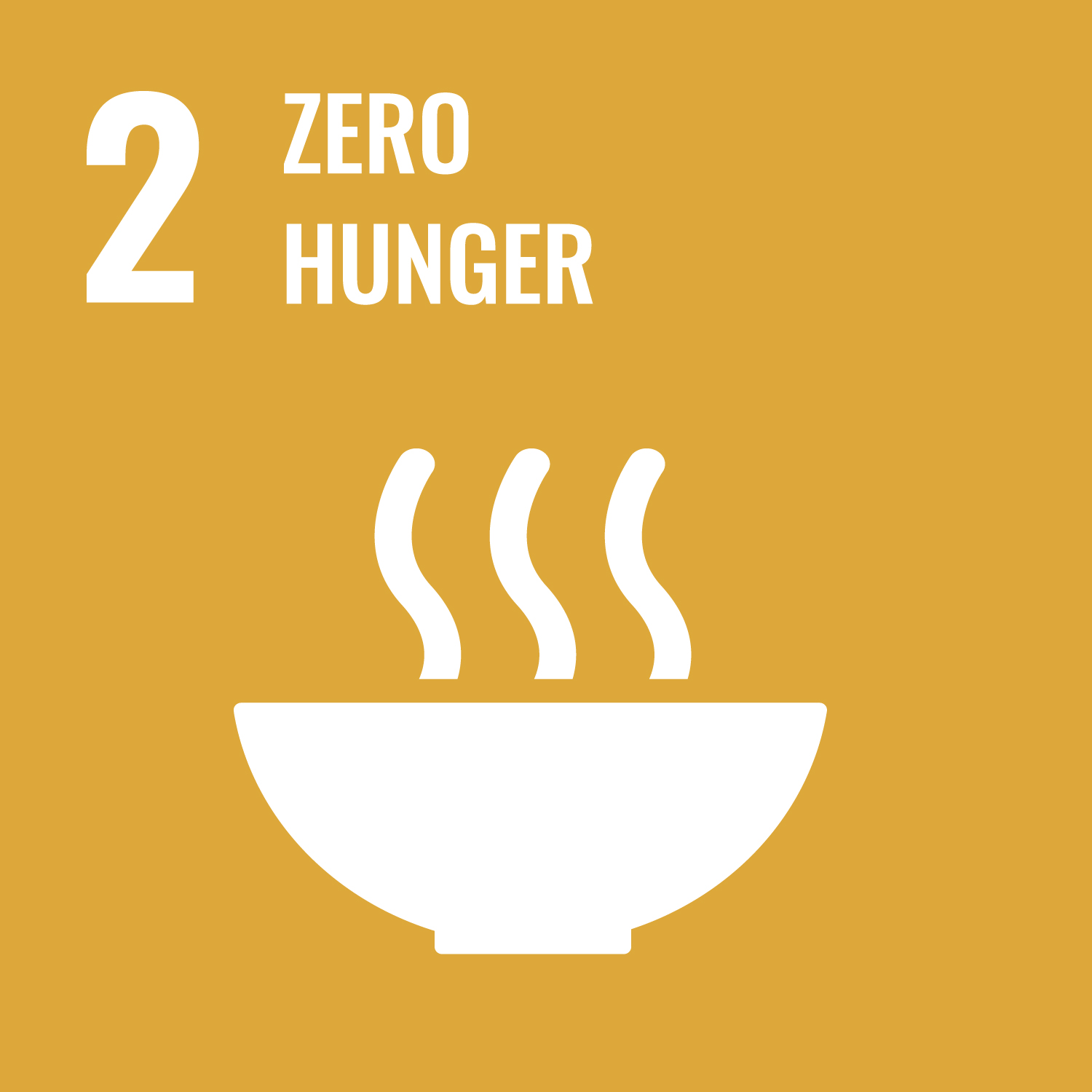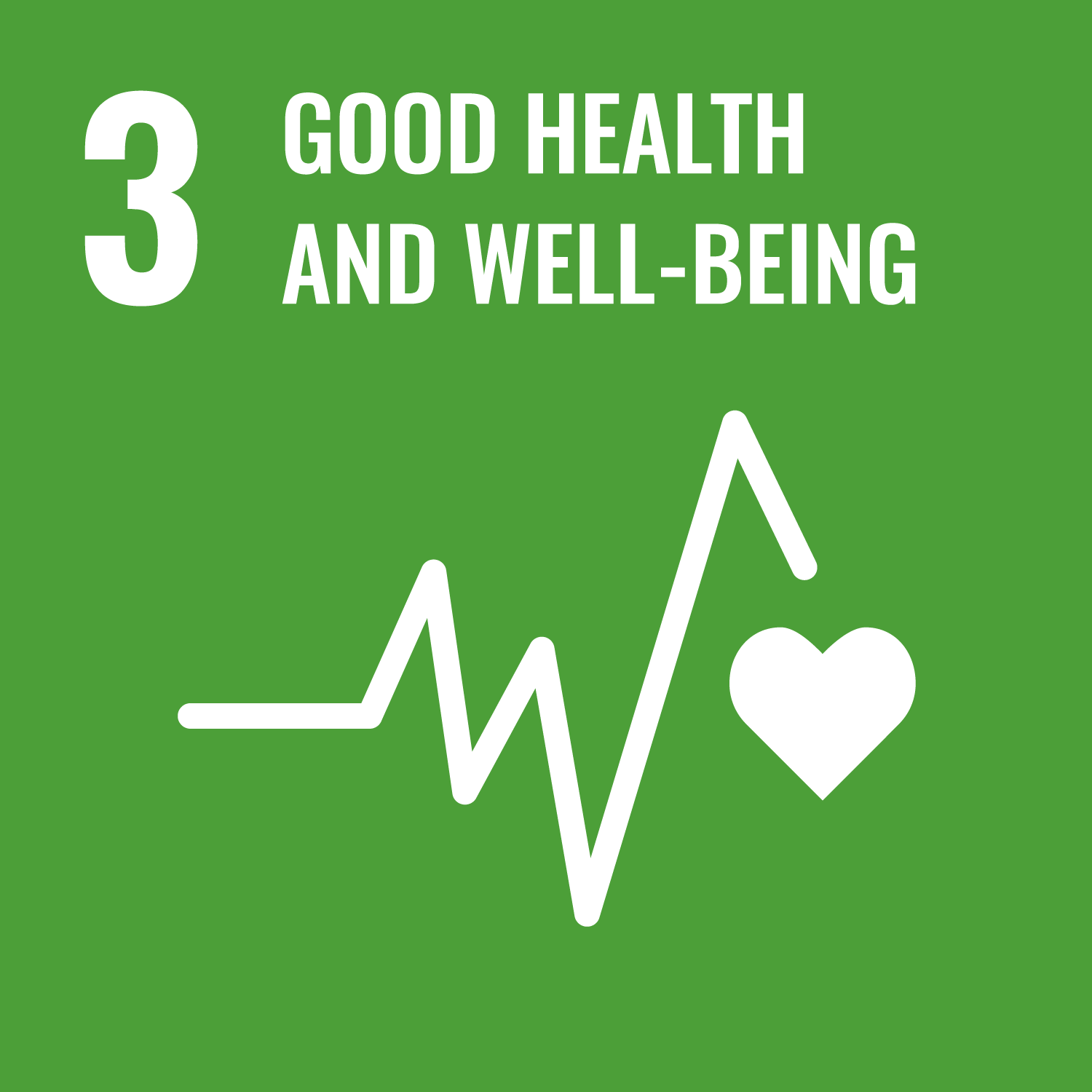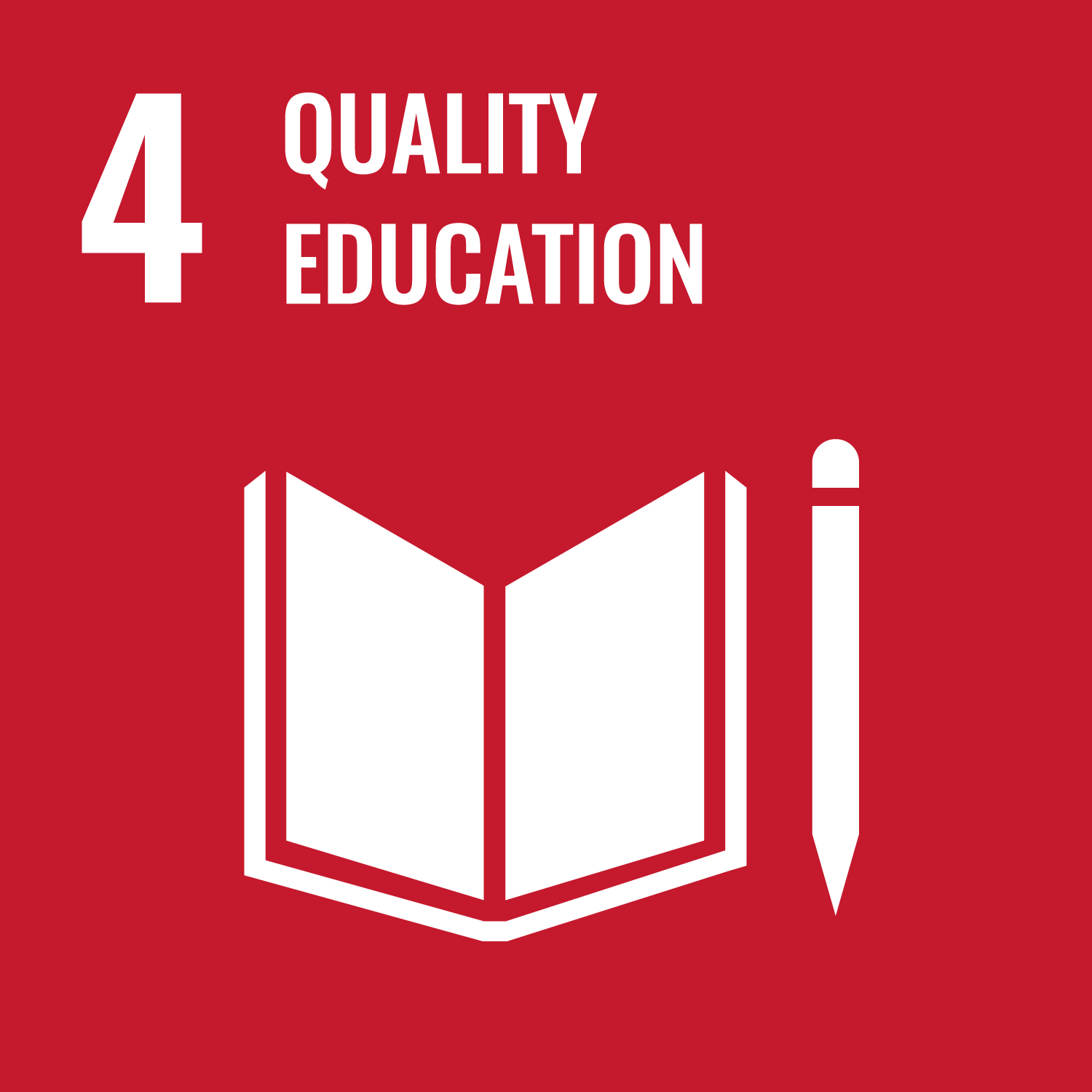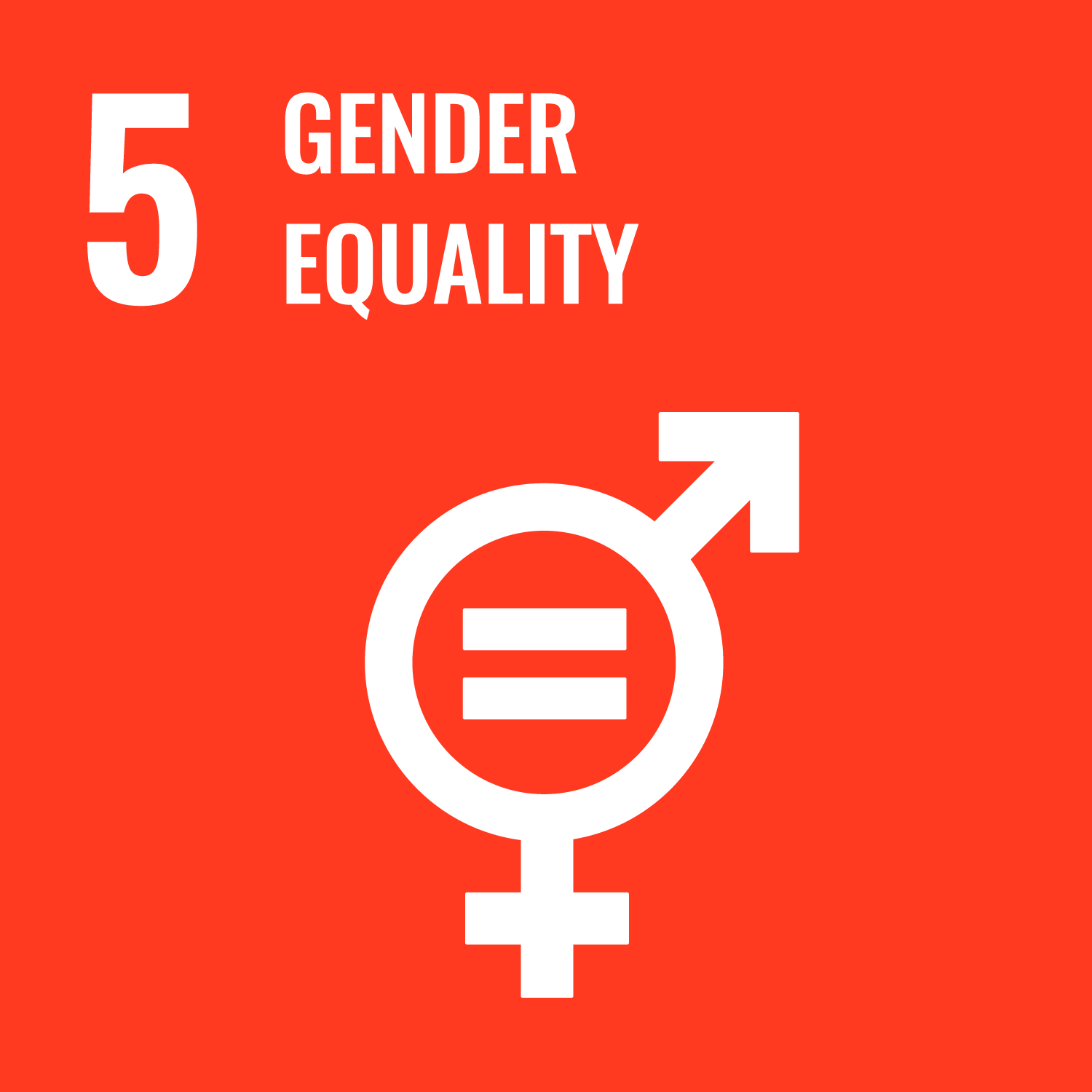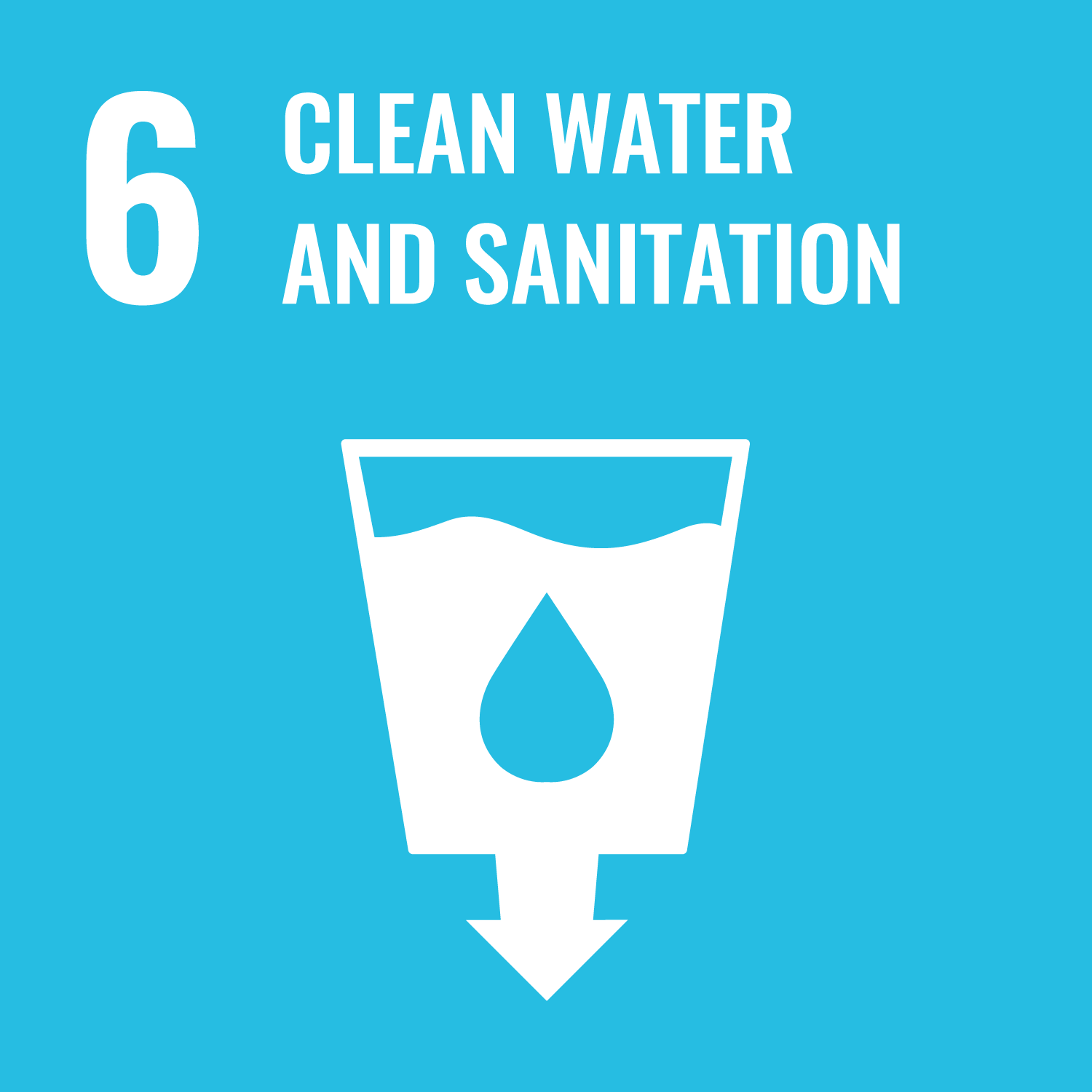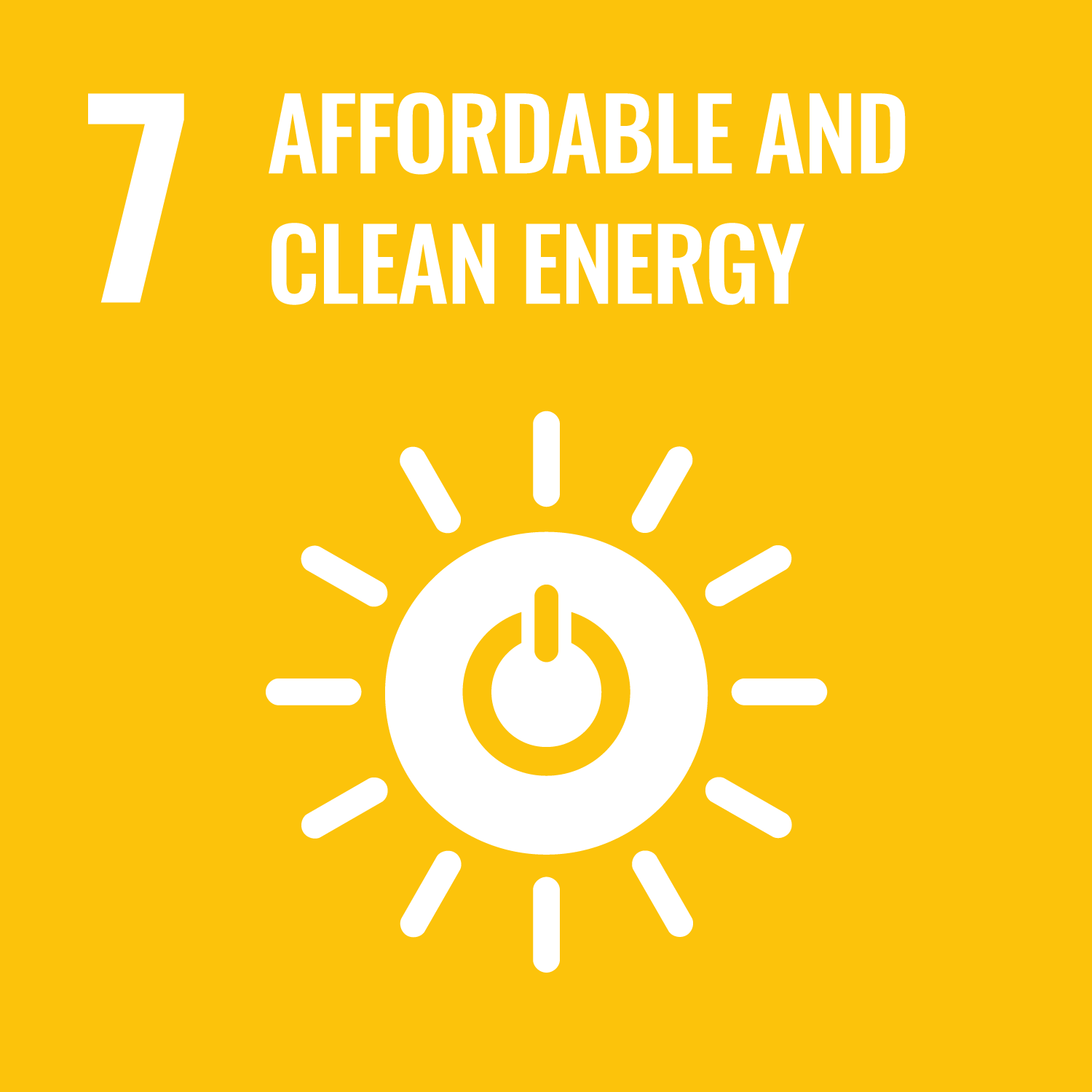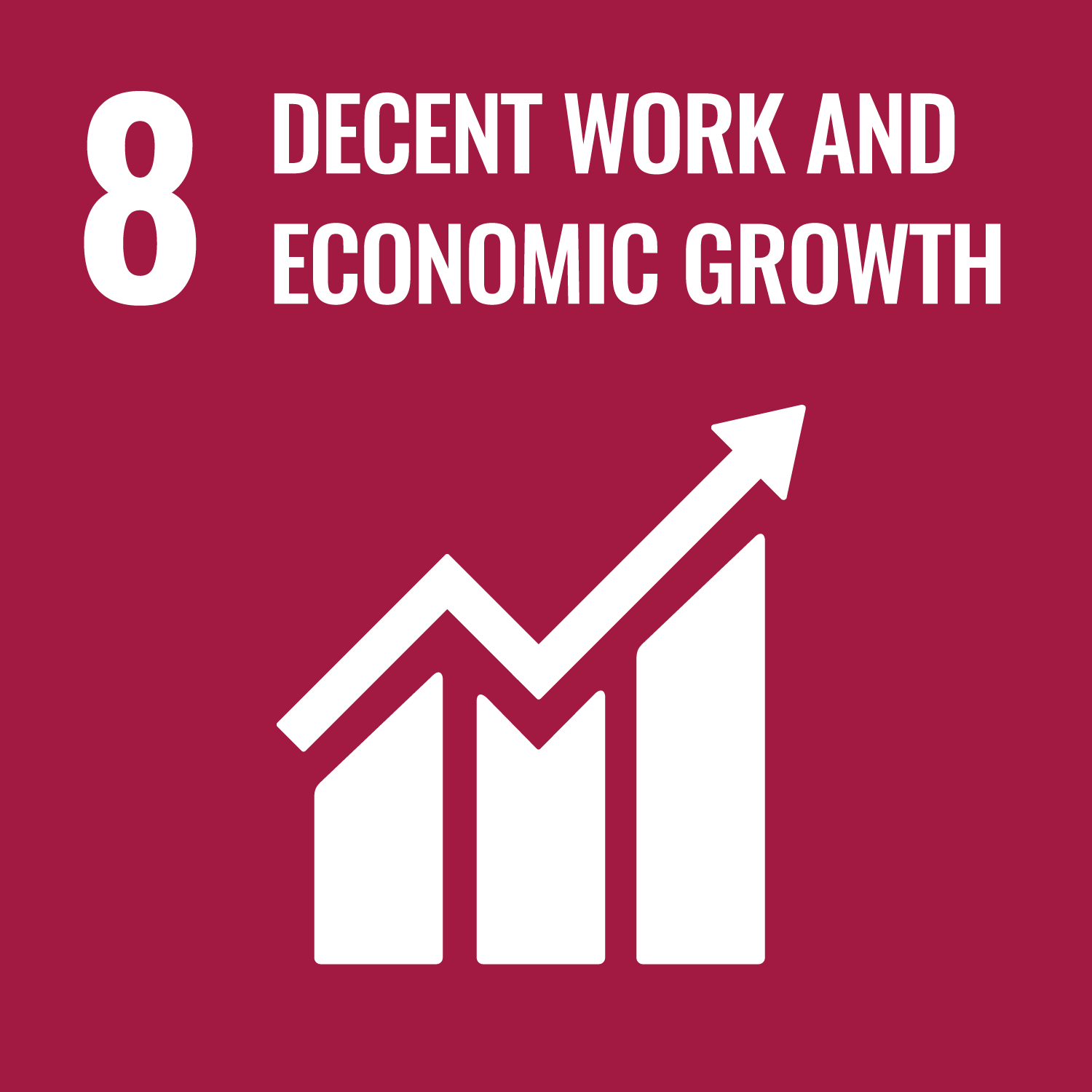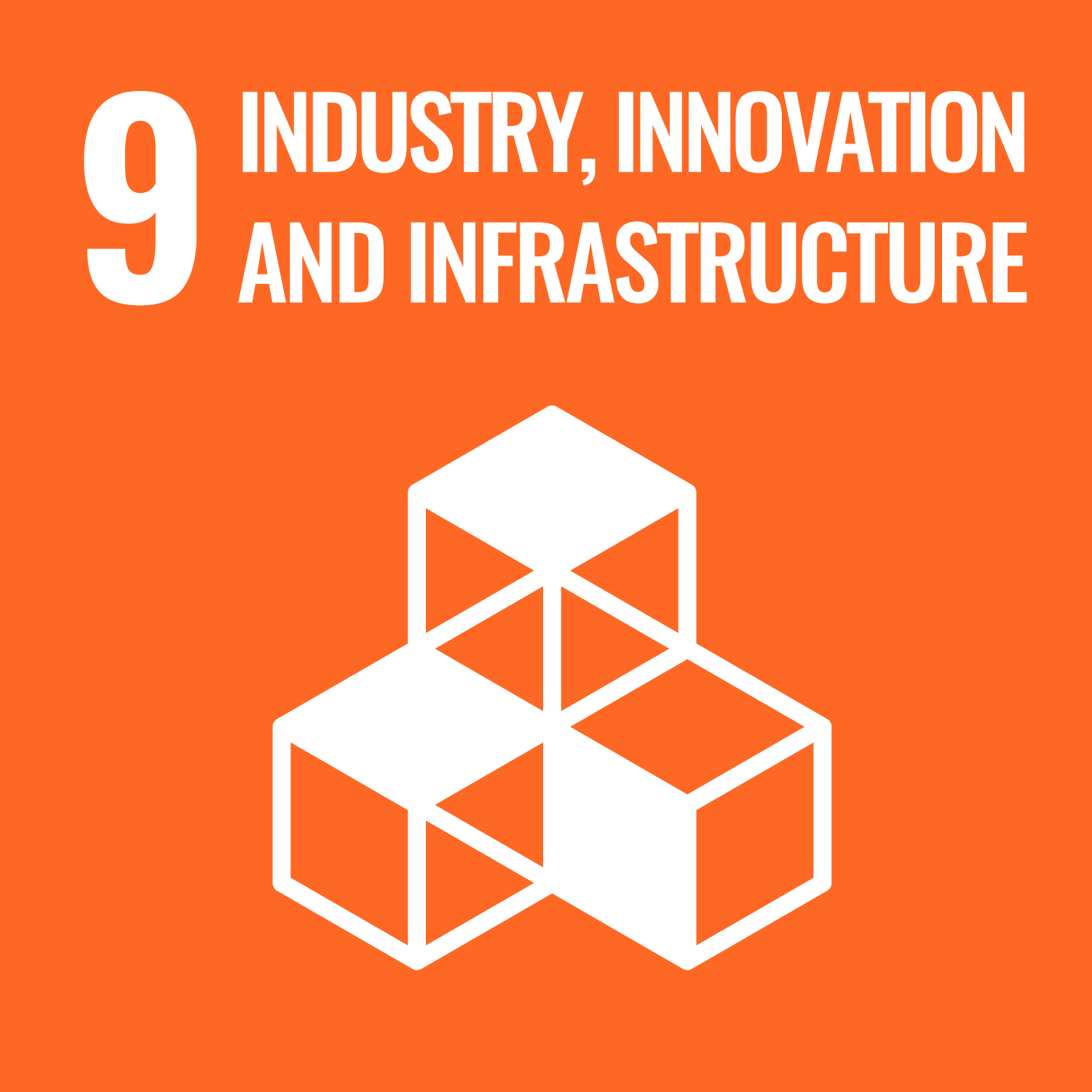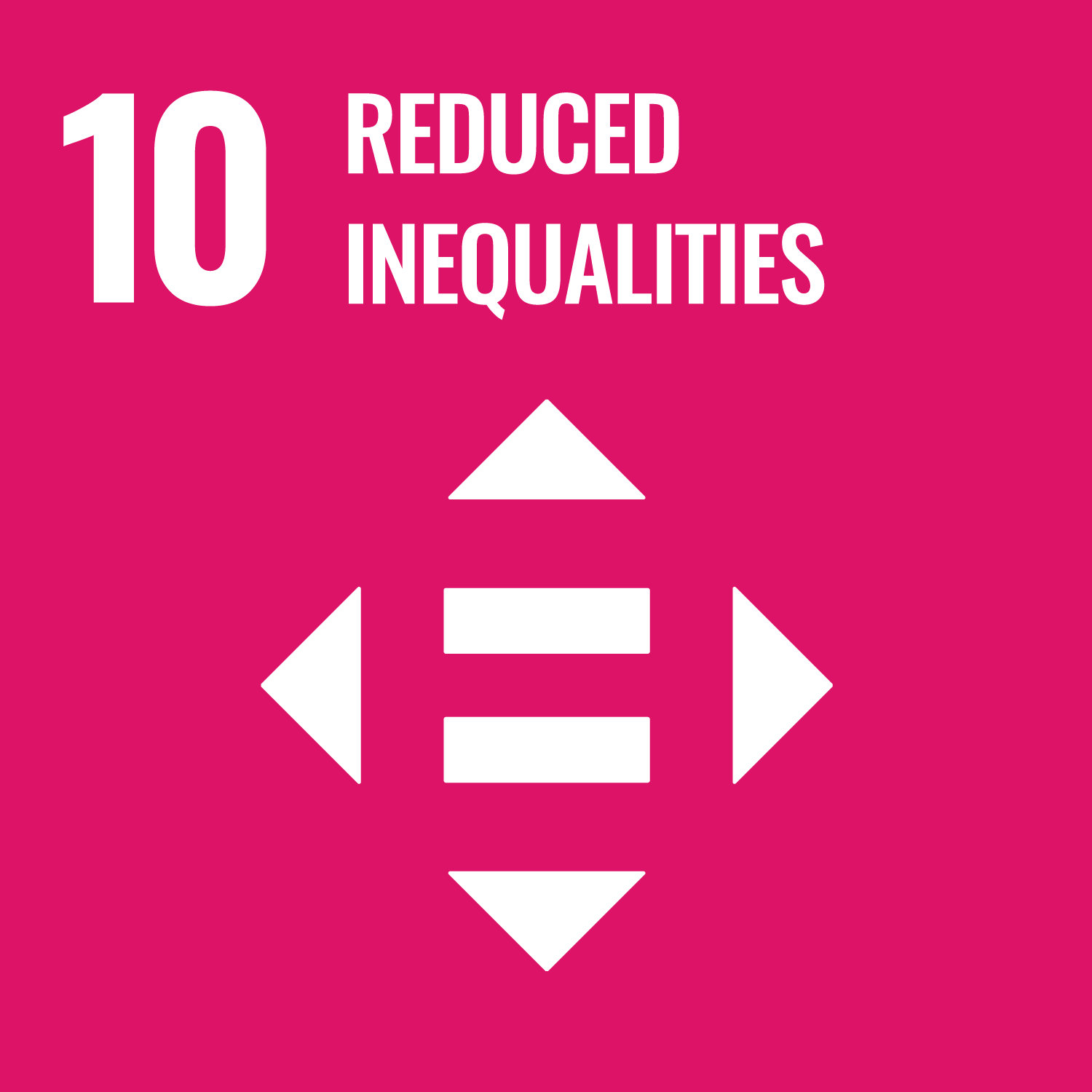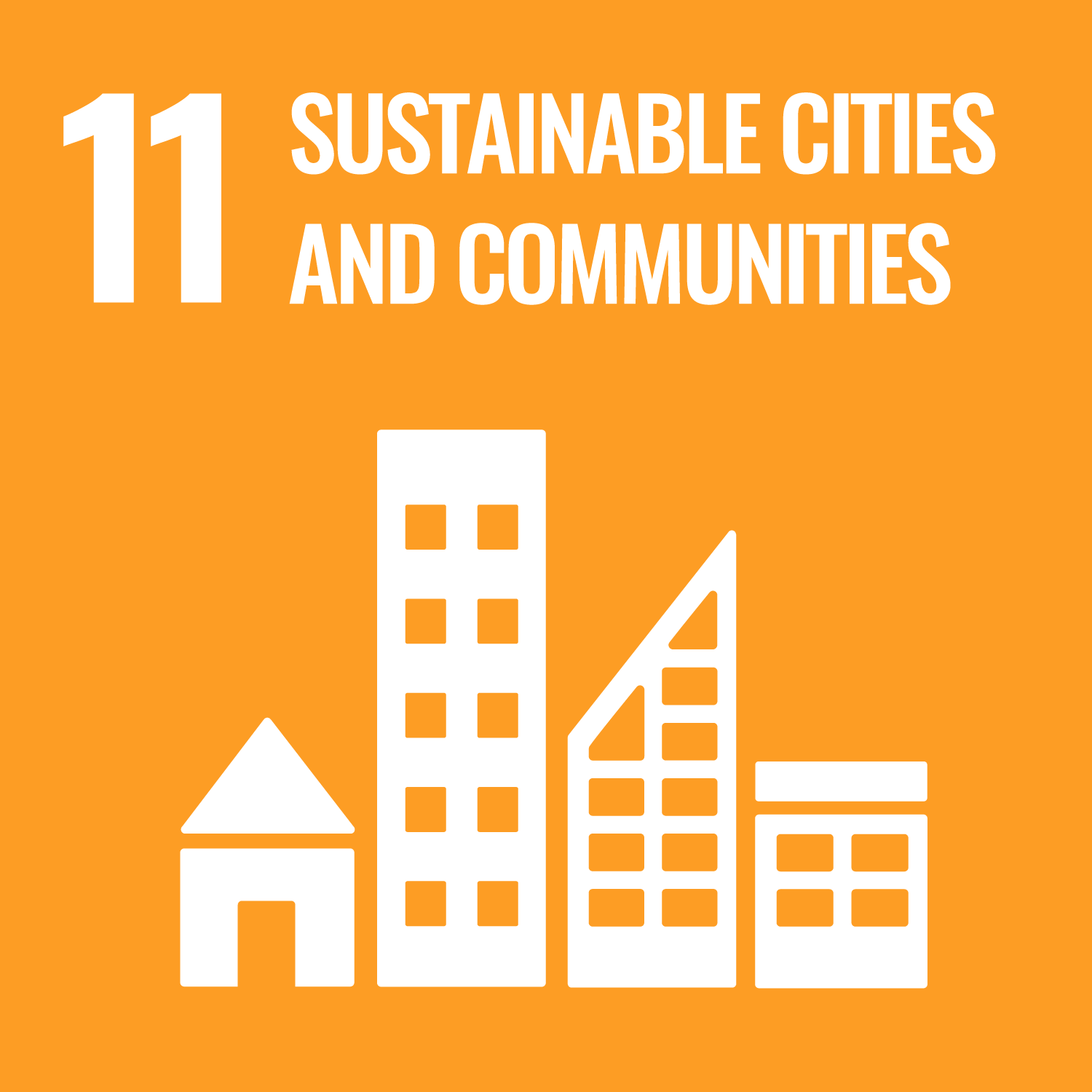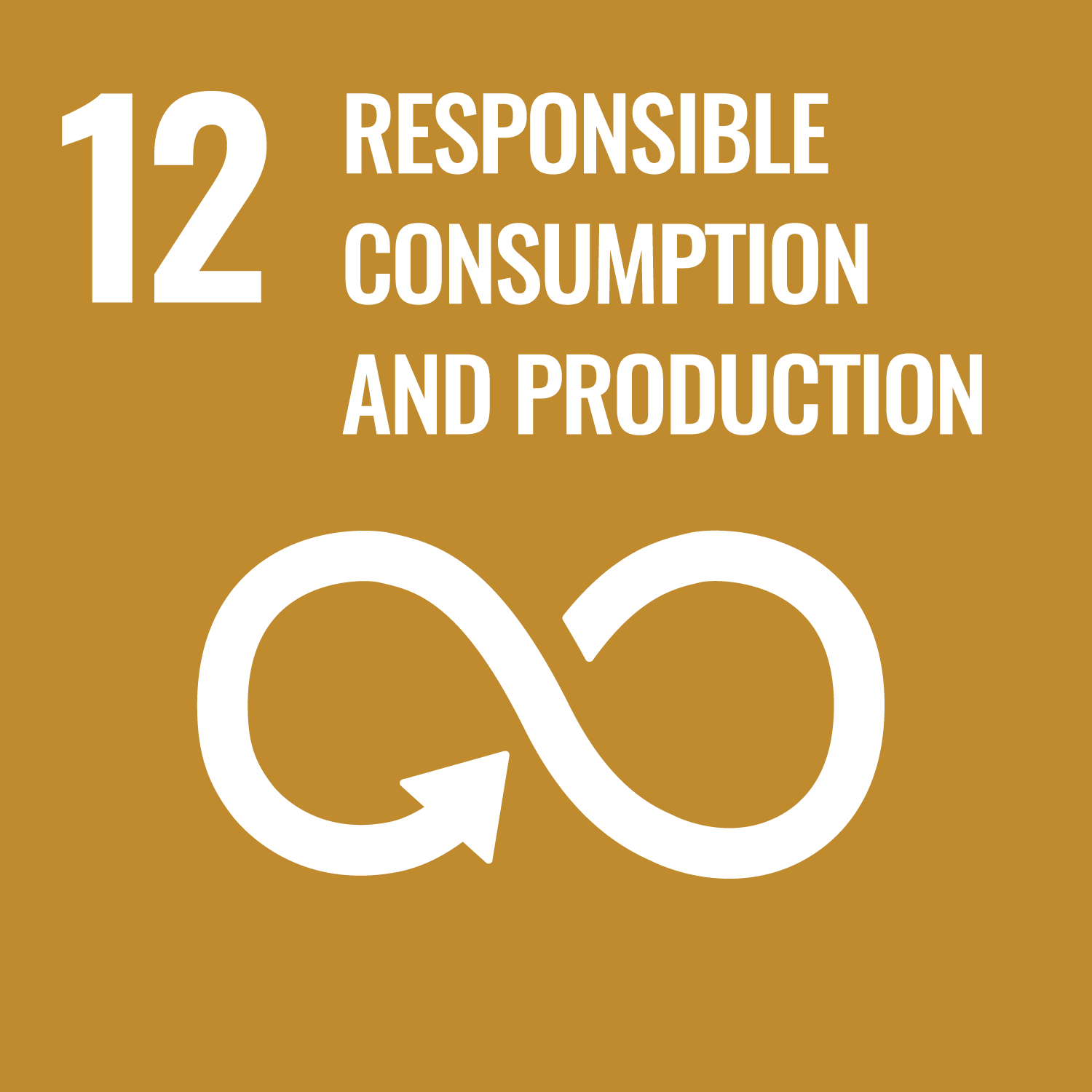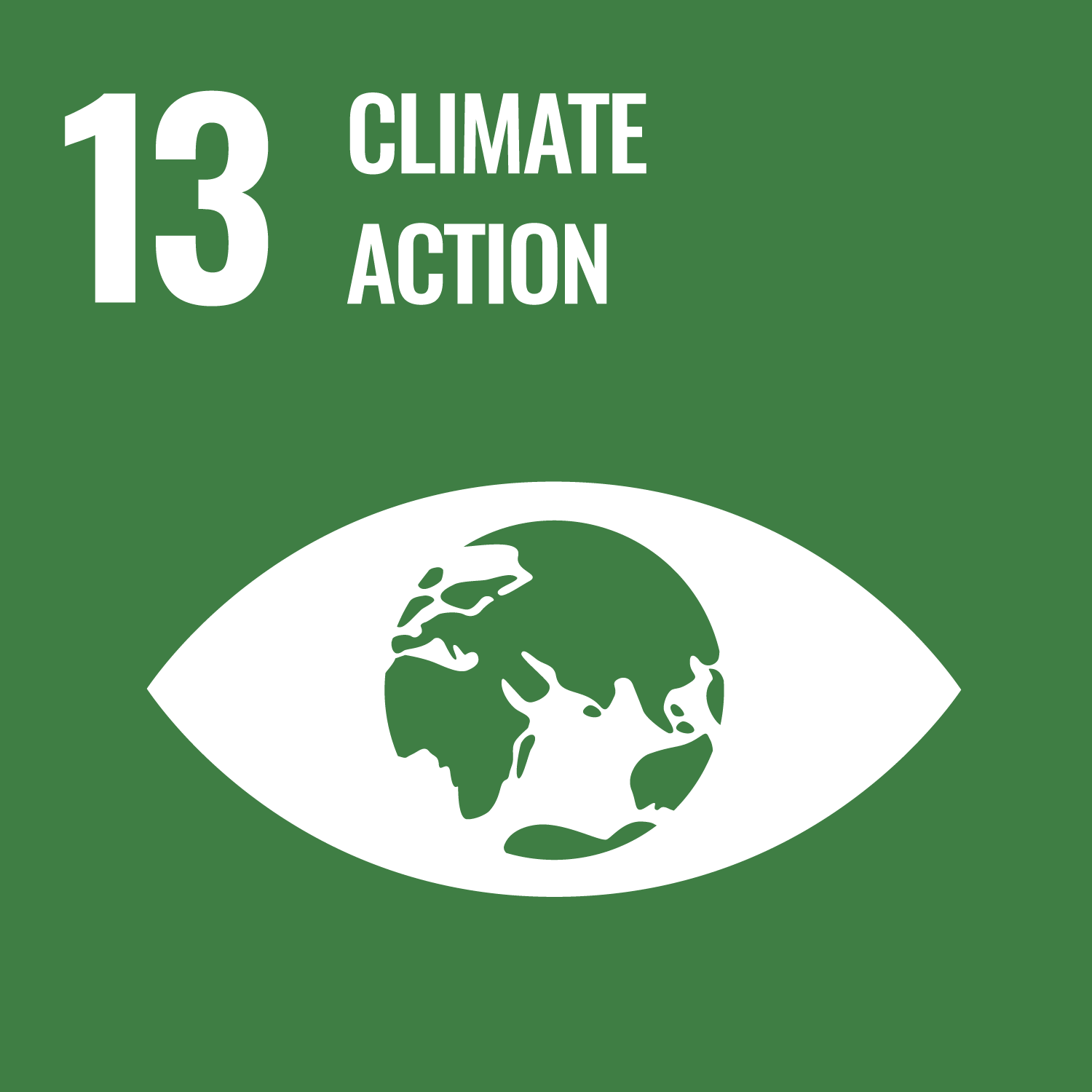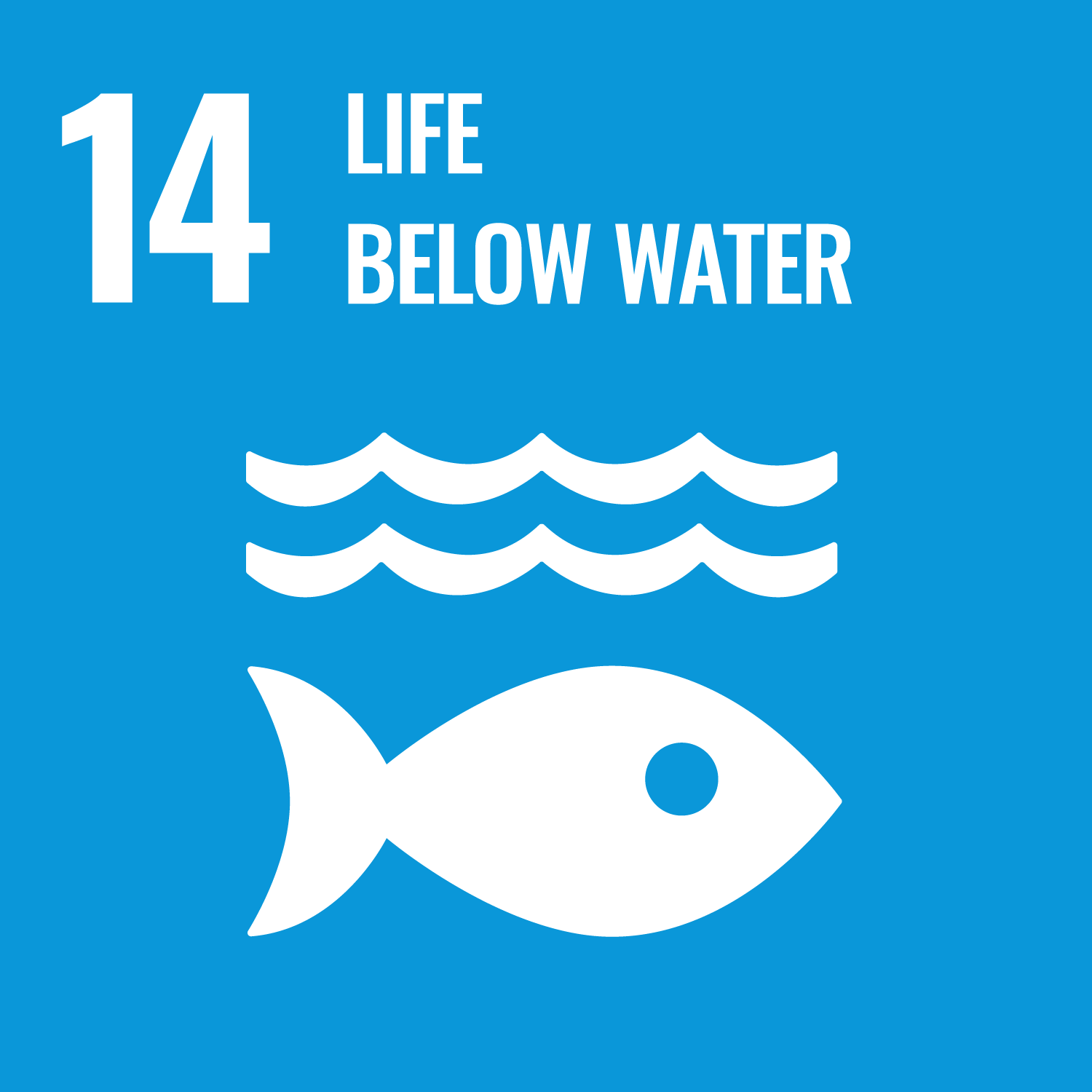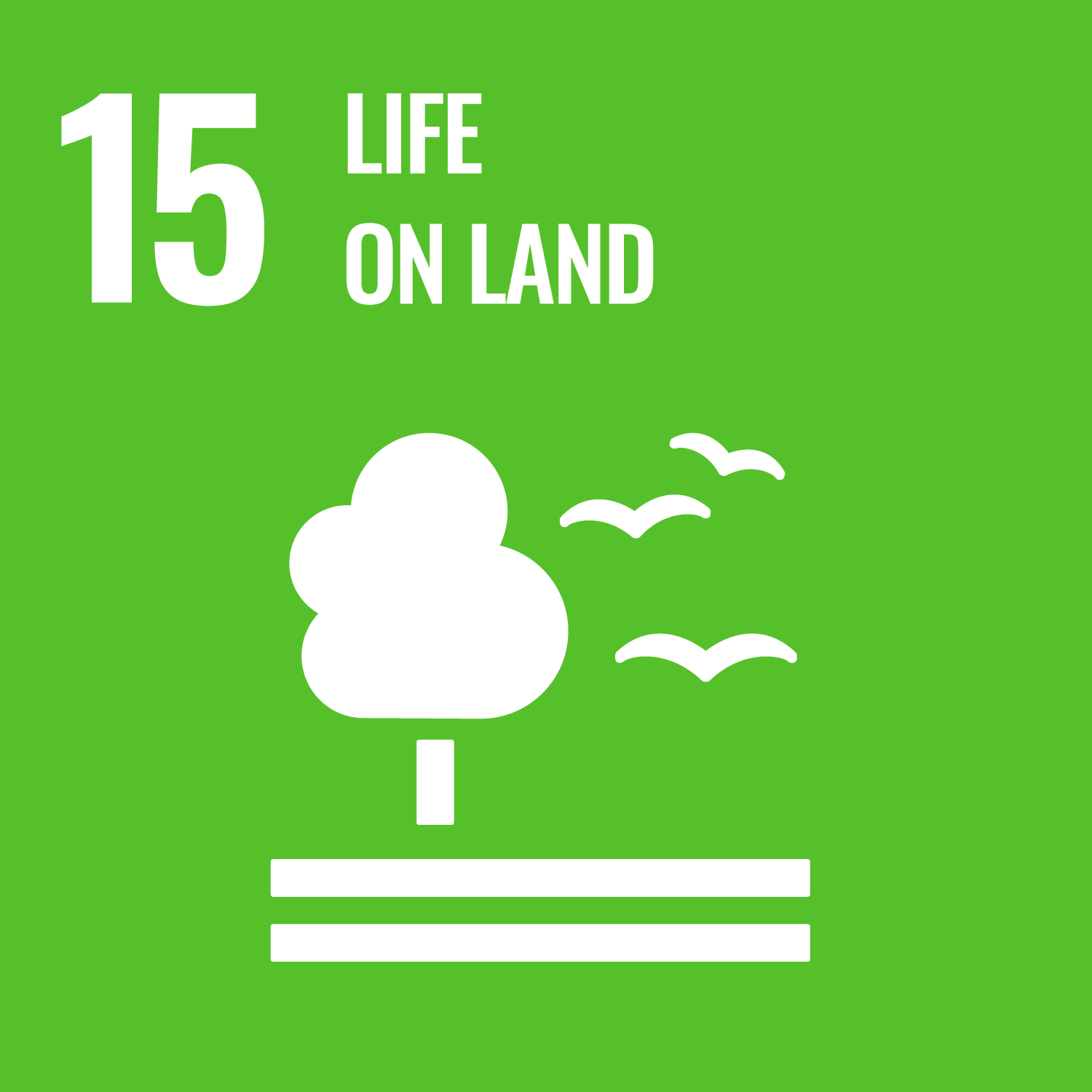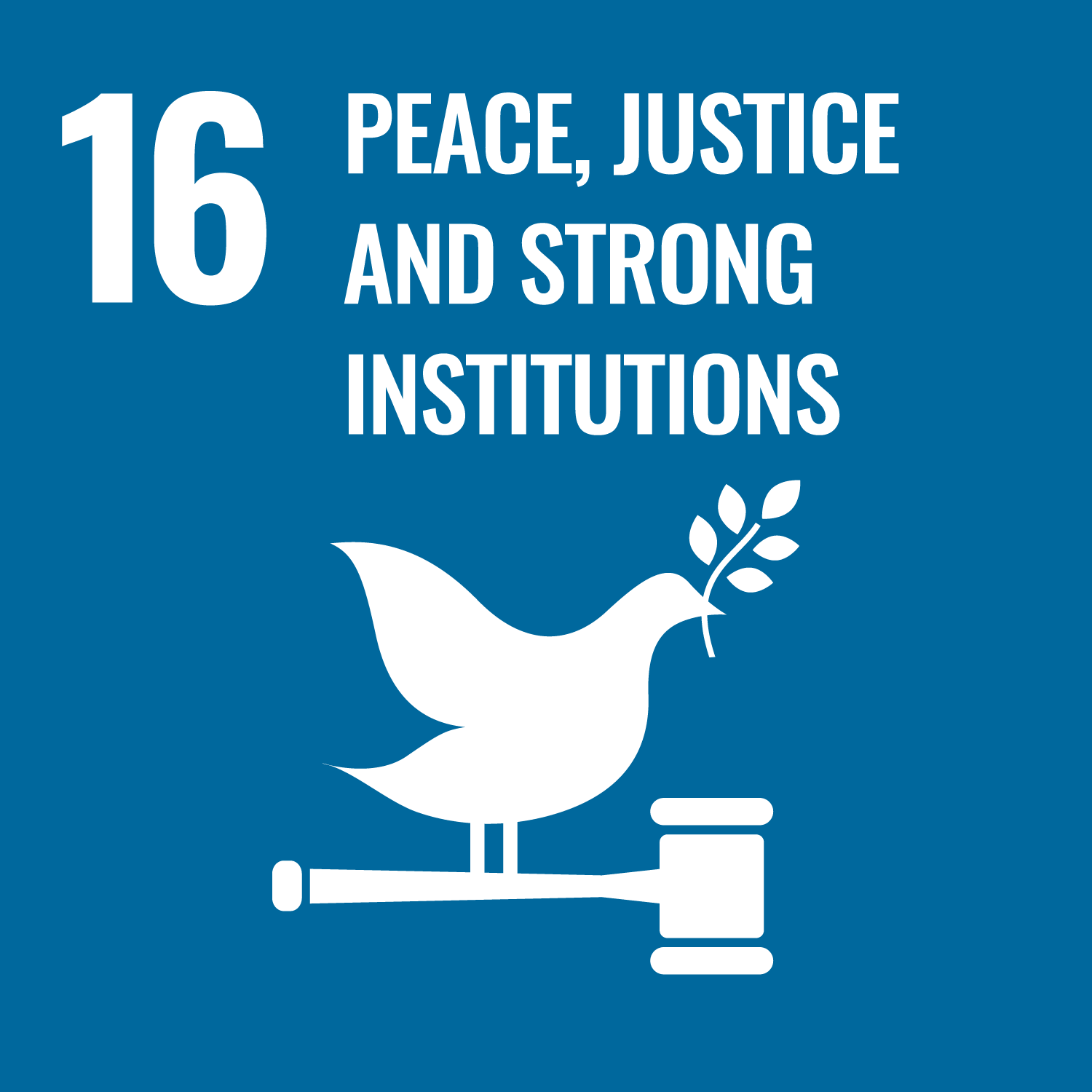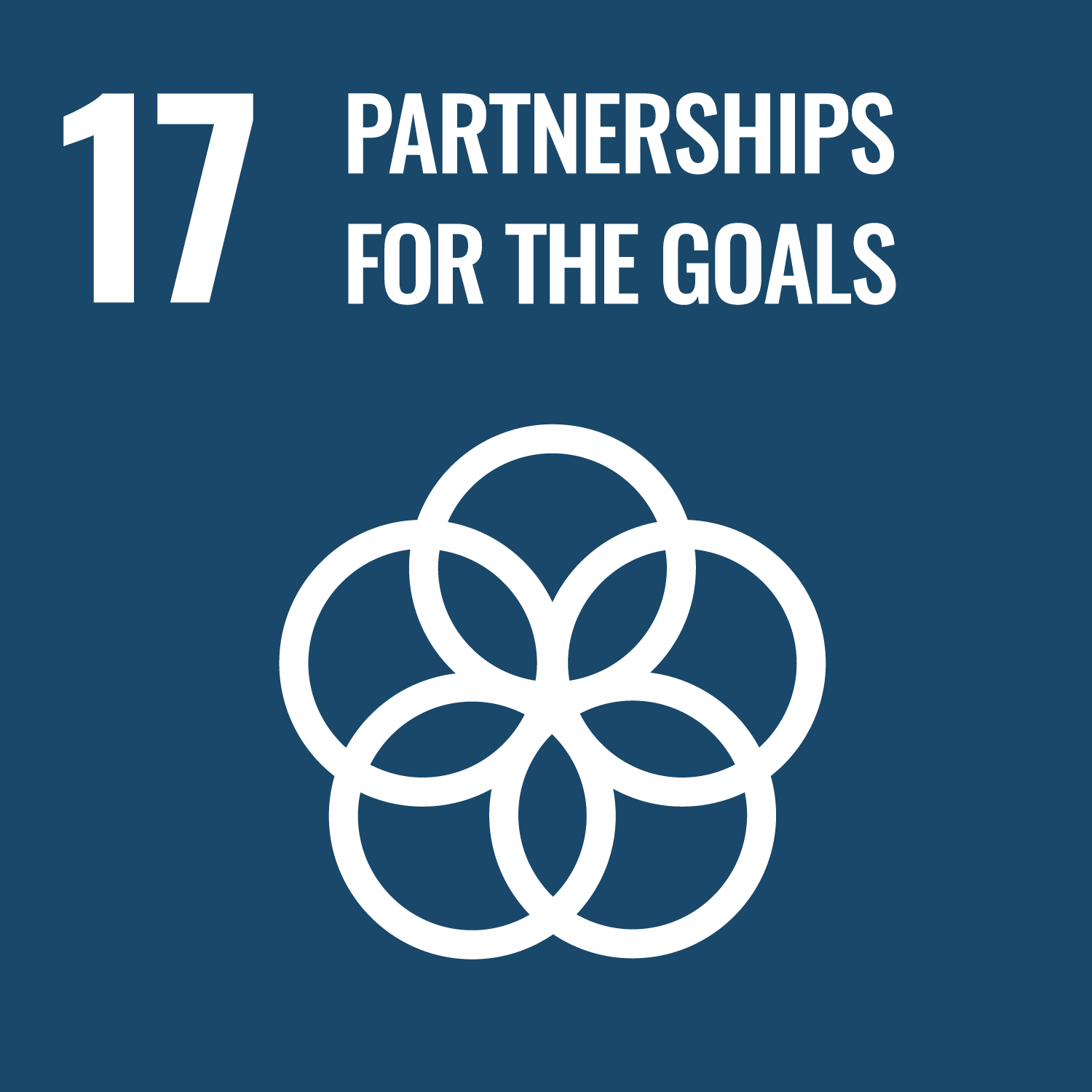ODD 9 : Industrie, innovation et infrastructures
Sorbonne Université Abu Dhabi joue un rôle majeur dans la réalisation de l’Objectif de développement durable 9 (ODD 9) en encourageant l’innovation dans le secteur des infrastructures, à travers la collaboration et la recherche avec les acteurs sectoriels.
Les recherches menées par les centres interdisciplinaires de SUAD portent principalement sur le transport durable, les énergies renouvelables et les technologies de l’information et de la communication (TIC). Cette collaboration a permis de développer des solutions innovantes telles que les véhicules électriques et les technologies de villes intelligentes.
L’Université s’associe aux entreprises du secteur pour une application pratique de la recherche, tout en faisant de l’éducation et le renforcement des capacités des domaines prioritaires, en vue de préparer les futurs leaders. En même temps, Sorbonne Université Abu Dhabi s’implique dans des initiatives mondiales visant à répondre aux besoins en infrastructures dans les pays en développement, autonomisant à terme les communautés tout en promouvant le développement durable.

 English
English
 Français
Français
 العربية
العربية




















![Sommet "Construire l'avenir" – Abu Dhabi[:]](https://sorbone.apps.plana.ae/uploaded/2025/Jul/n5U9DkpjMN06MaRqvtWPnth8SqIWlI1qmMR020Ic.jpg)
![De l’innovation à la régulation : l’impact transformateur de la technologie sur les activités bancaires[:]](https://sorbone.apps.plana.ae/uploaded/2025/Jul/EAseVx9G5pcamff0P6NmIsYr0mU0LKHaXn3tt6kS.jpg)
![Construire un système urbain polycentrique entre Dubaï et Abou Dhabi : enjeux et leviers numériques[:]](https://sorbone.apps.plana.ae/uploaded/2025/Sep/V5X5AAFlv1ofAuJ3CtJ7YY3j3MTpga2ujJuz0vCc.jpg)
![L'éthique en Action : Diriger avec intégrité dans un monde des affaires complexe.[:]](https://sorbone.apps.plana.ae/uploaded/2025/Jul/fe1dULRdU9I55h8hqavXbphSa7d5V9ddRU6R2IjP.png)
![Titre de l'atelier : Renforcer les éducateurs : Technologie quantique et IA dans la salle de classe[:]](https://sorbone.apps.plana.ae/uploaded/2025/Jul/40CrjaYZB3Bfsb2qW92pdpIJEjyws65sn7cx14cQ.png)


